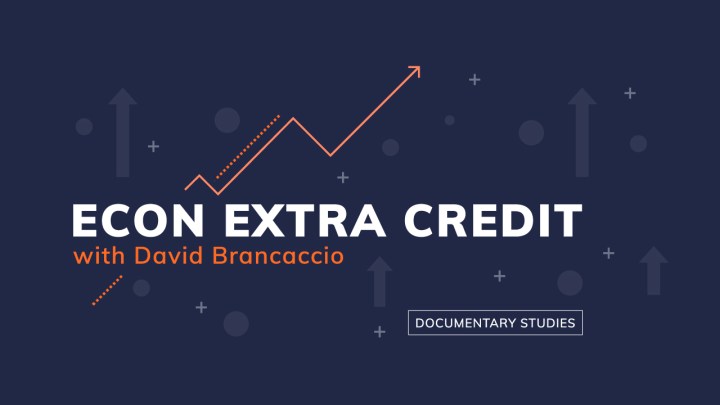
I am sometimes asked to identify the paramount issue of issues in the economy and society. For years, I was tempted to say the overarching issue was public education. What other improvements can you make if schools are broken, leaving voters poorly equipped to understand how to fight for what is in their best interest?
After covering money and politics closely in the first decade of the 2000s, however, a new answer became clearer to me: Without addressing the undue influence of money on politics, education doesn’t get tackled. Nor does structural racism, climate change, job training or any of the great issues of your choice.
This is one reason for sitting down with the documentary we are watching this month, “Dark Money.” Through this lens, you can see in a concrete, down-to-earth way how big money of uncertain origin changes elections and changes communities. The film focuses on the state of Montana, which had laws limiting big money campaign contributions — rules struck down by the U.S. Supreme Court on free speech grounds. The film shows Republican and Democratic candidates powerless to stop printed notices showing up on voters’ doorsteps — trumpeting exaggerated, unsubstantiated or purely fictional slurs about the person running for office — just before polling day. These tactics shown were not paid for directly by the target’s rival on the ballot. The fliers were paid for by … well, it is hard to say exactly.
Some of the film focuses on the frustration of voters who see rivers of money flowing in to influence local issues. The magnitude of the funding is one source of anger. The “dark” part is another. The idea that big money can flow into a state or local election without voters knowing where the money came from will disturb viewers of the film as it shocked local voters in Montana. People may disagree over whether five of the nine U.S. Supreme Court justices were right to find that corporations have free speech rights similar to living, breathing individuals, thus upending campaign finance in America. Yet who will raise their hand to take the side of secrecy when it comes to who paid for which political attack ad?
Requiring disclosure is one of the bedrock strategies for fighting corruption around the world. Countries are scored and ranked for their levels of transparency. Congress increased transparency in accounting practices in the 2002 Sarbanes-Oxley Act to address the corporate excesses that followed the spectacular collapse of Texas-based energy giant Enron. Greater transparency in financial markets was mandated in the Dodd-Frank Act that followed the 2008 mortgage meltdown. It is more than strange to realize that were it not for investigative journalists, we would have little more than hints about who gave money to organizations to help their favorite candidates in the 2020 election.
Dark money should be a matter of concern to both liberal and conservative voters. New York Times reporters used their forensic skills recently to try to pierce the veil of secrecy on unlimited donations to groups that help candidates. The analysis finds that both parties are now relying on piles of money from who-knows-where to get their candidates in, as mega-donors take advantage of what the newspaper labeled “loose disclosure rules.” This analysis found Democrats attracted more dark money than Republicans in the 2020 election. Both sides will argue they have to resort to dark money because the other side uses it, an argument you hear when discussing nuclear arms control. Maybe it takes a bipartisan threat like this to get a bipartisan agreement on laws to force the dark out into the light.
— David
“Dark Money” is available on a selection of online streaming platforms and freely available to library card holders on Kanopy. Once you’ve had a chance to watch, please send us your thoughts on the doc. We’re at extracredit@marketplace.org.
There’s a lot happening in the world. Through it all, Marketplace is here for you.
You rely on Marketplace to break down the world’s events and tell you how it affects you in a fact-based, approachable way. We rely on your financial support to keep making that possible.
Your donation today powers the independent journalism that you rely on. For just $5/month, you can help sustain Marketplace so we can keep reporting on the things that matter to you.














